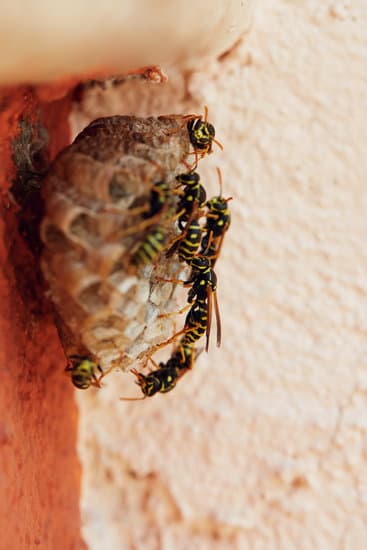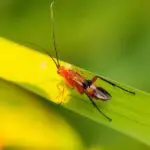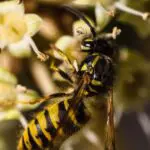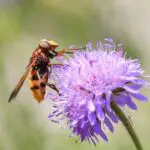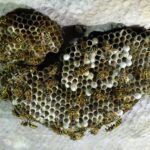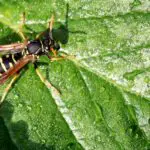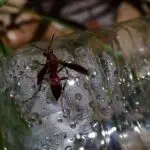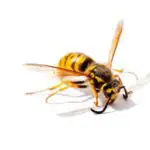How Do Wasps Benefit the Environment?
Amongst the many wonders of nature, wasps play an important role in keeping ecosystems functioning properly. They pollinate plants, act as parasites and predators, and regulate insect populations. These roles provide ecosystem services worth billions of dollars.
Without wasps, many plants would die. They help keep insect populations under control by feeding on their prey, and they regulate their populations by laying eggs on their hosts.
Researchers at the University College London (UCL) recently conducted a review of the ecosystem services provided by wasps. The review gathered evidence from more than 500 academic papers. They found that wasps contribute to ecosystem services worth $250 billion annually.
These species include solitary and social wasps, which live in colonies with queens and workers. They feed on a variety of insects and plant materials. Social wasps can have as many as 1000 workers. These colonies capture caterpillars, spiders, greenfly and other insects. They lay their eggs on the host, which is then paralysed by a sting from the female.
The venom produced by wasps has antibiotic properties. It helps keep the population of aphids, cabbage loopers and other crop-devouring insects in check. They also produce a substance called honeydew, which attracts ants and other insects.
Some wasps also serve as food for other animals. The parasitoid Aphidius colemani effectively kills round-bodied aphids. Other wasps eat white flies, brown marmorated stink bugs, cabbage loopers, and other pest insects. They also help control fall army worms and other insects.
